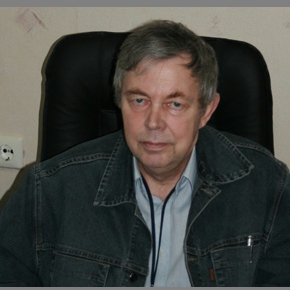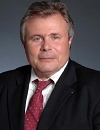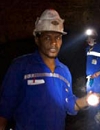 |
||
|
Japan to continue use of nuclear power despite Fukushima nuke crisis - govt RIA Novosti, PUBLISHED May 10, 2011 Japan will maintain nuclear power despite the ongoing nuclear crisis caused by radiation leaks at the Fukushima Daiichi nuclear power plant crippled after a powerful earthquake and tsunami in March this year, a top government official said on Sunday. "Our energy policy is to stick to nuclear power," Deputy Chief Cabinet Secretary Yoshito Sengoku said on a weekly talk show on public broadcaster NHK. Sengoku said the government had no plans to halt nuclear reactors except three at the Hamaoka power plant in central Japan over safety concerns. Japan's Prime Minister Naoto Kan has said the Japanese authorities have decided to shut down the three active reactors of the Hamaoka plant due to the risk of a massive earthquake on the Pacific side of central Japan. The Japanese government has been reviewing the safety of the country's 54 nuclear reactors since the March 11 earthquake and tsunami that crippled the Fukushima nuclear plant in the north, causing radiation leaks. The disaster has left more than 25,000 people dead or missing in northeast Japan and caused the worst nuclear crisis since Chernobyl in 1986. Topics: NPP Fukushima Daiichi, Japan Other news: Russia ready to finance Egypt first nuclear plant Russia confirmed its participation in a tender to build Egypt's first nuclear power plant and said it was willing to help finance the project. ARMZ acquires Australian uranium producer in $1.2 bln deal ARMZ will pay eight Australian dollars per share, which represents a 15.5 percent premium on the average market price for 20 trading days. Russia to start building Turkish NPP in 2013 Russia will start building Turkey's first NPP estimated at $20 billion in 2013, Russian ambassador to Ankara Vladimir Ivanovsky said. Last news:
|
Hero of the day 
Alexander Chistozvonov: end of the Romantic period Today, the army of managers is earnestly believing that one can take the man responsible for the licensing of alcoholic beverages, and put it on licensing, and even to supervise the nuclear reactor. INTERVIEW
Christophe Behar OPINION
Vladimir Rychin |
Licence Р ВР В» №ФС77-30792. ATOMINFO™ trademark.

